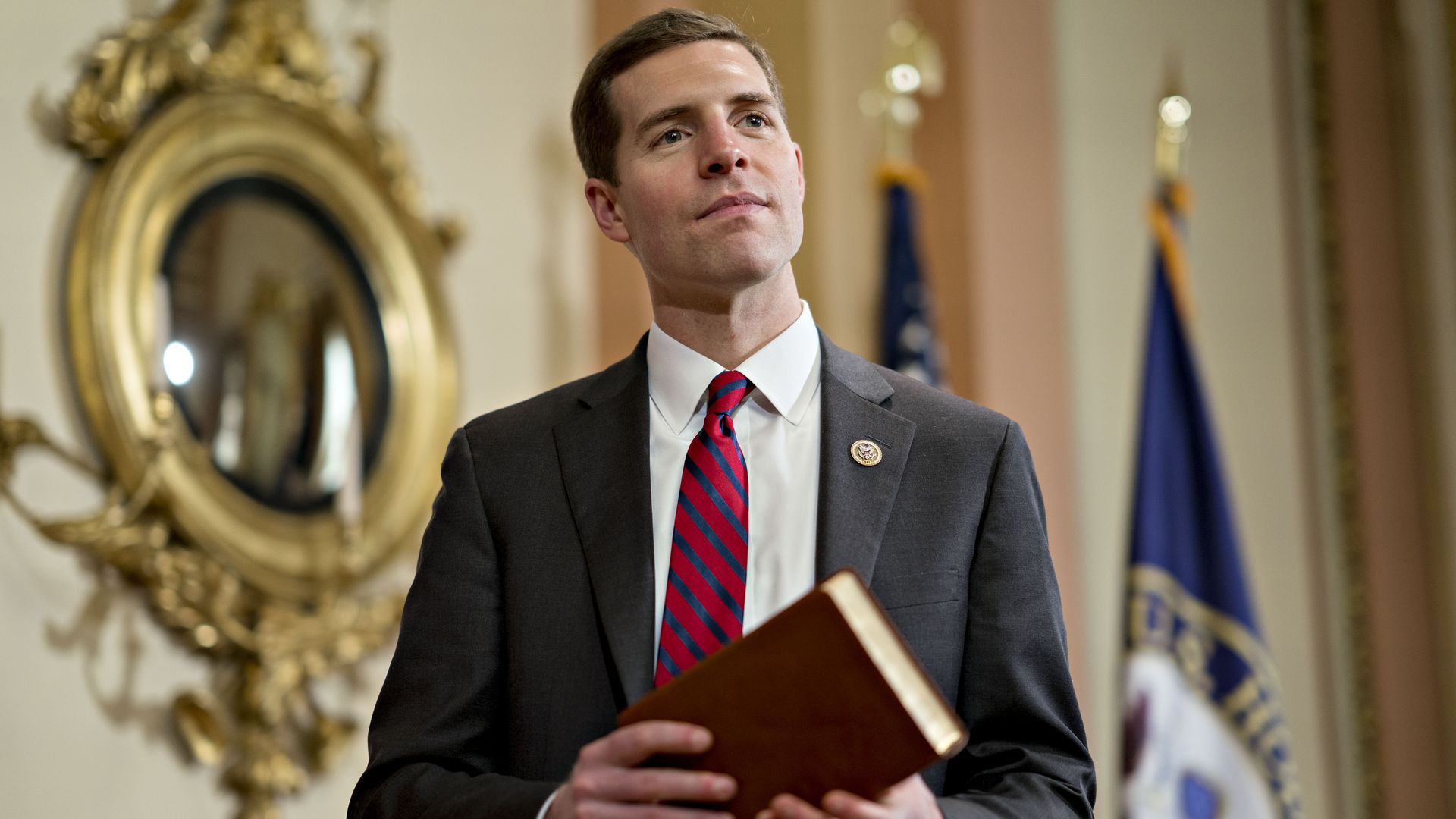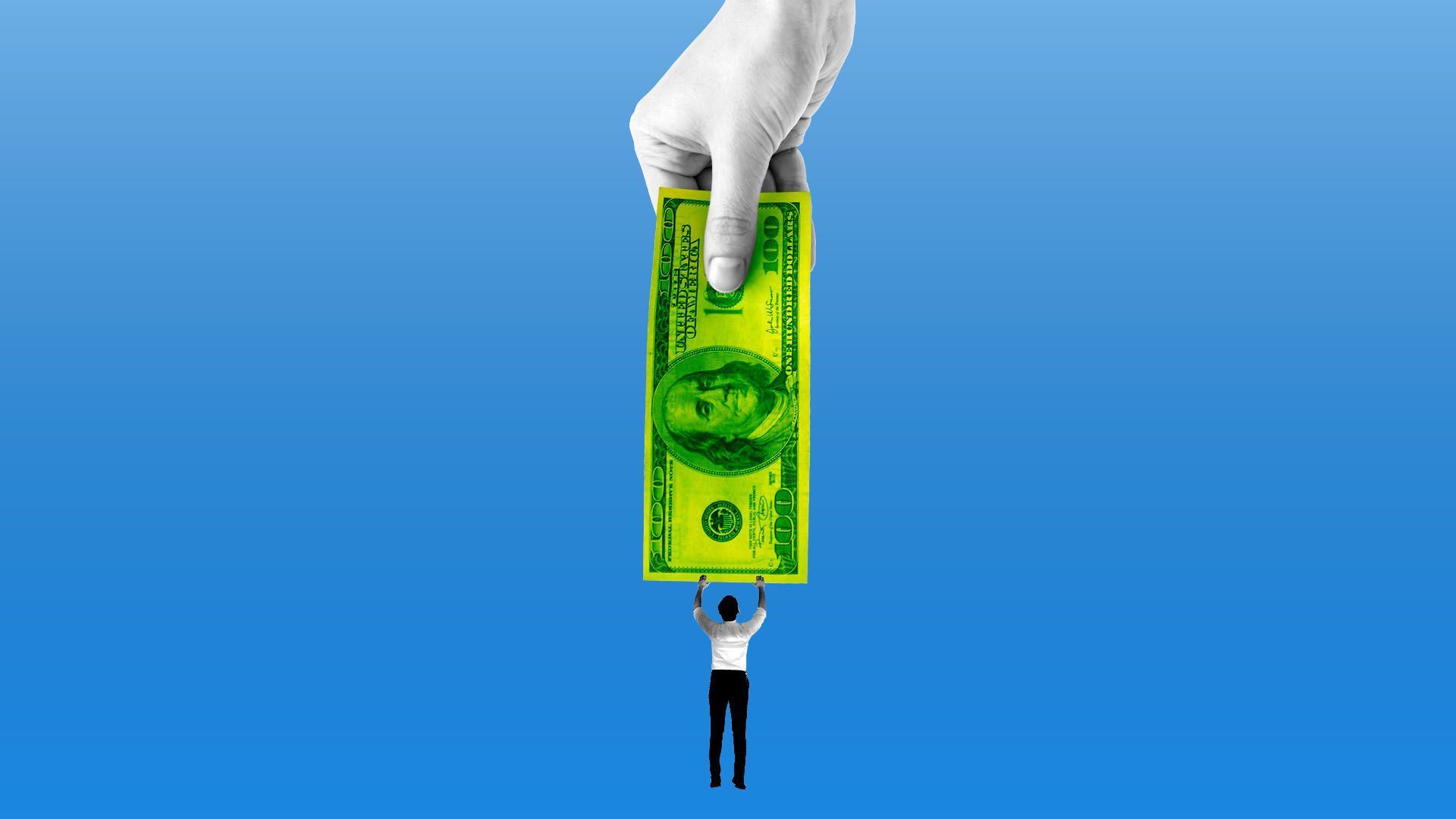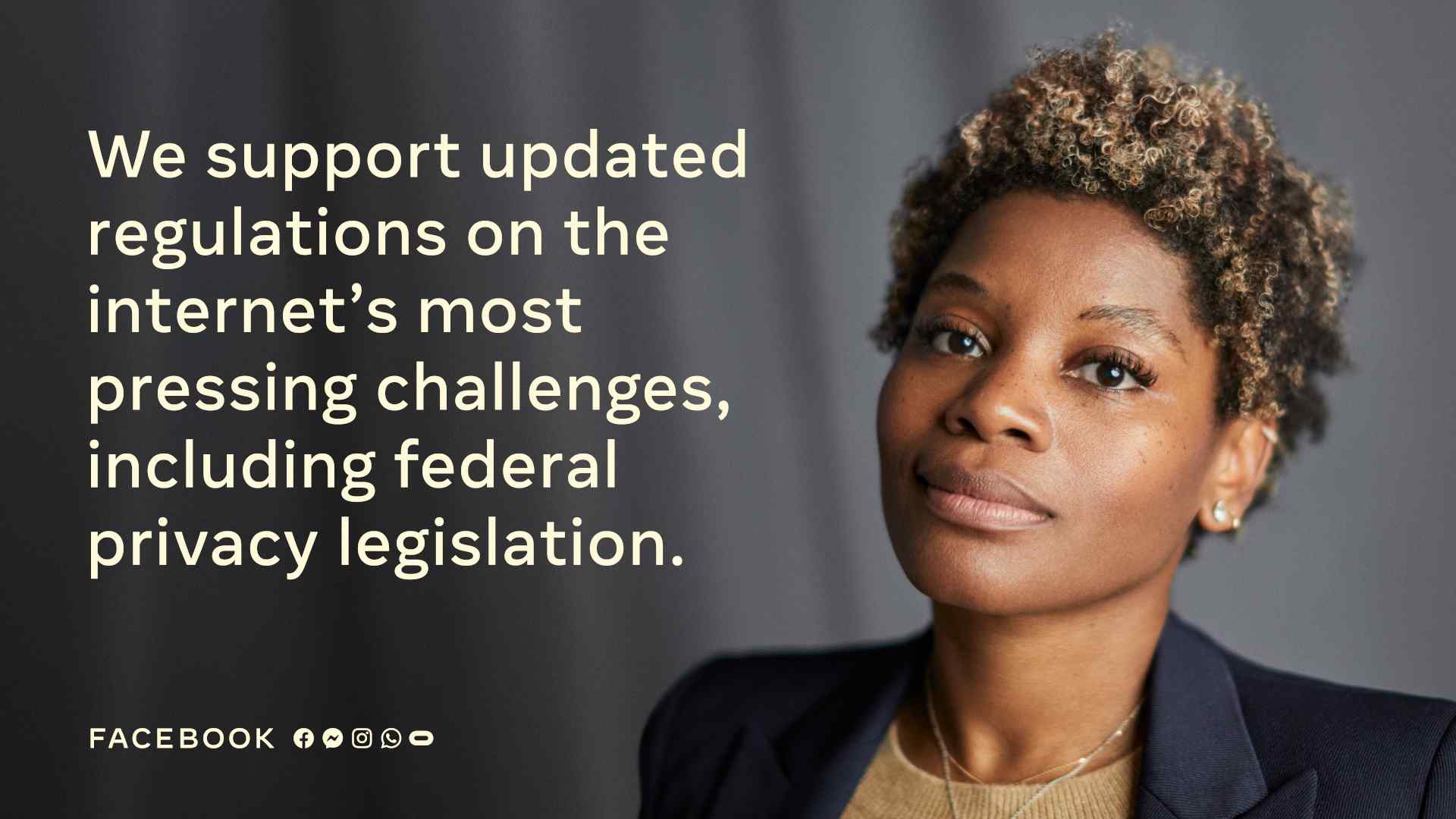| | | | | | | Presented By Facebook | | | | Axios Sneak Peek | | By the Axios Politics team ·Nov 09, 2021 | | Welcome back to Sneak. Smart Brevity™ count: 1,119 words ... 4 minutes. Edited by Glen Johnson. | | | | | | 1 big thing: "Normal" Dems revolt |  | | | Rep. Conor Lamb. Photo: Andrew Harrer/Bloomberg via Getty Images | | | | Listen and you'll hear moderate Democrats using a new label for their own brand of politics: "Normal." Why it matters: It's a coded, loaded word exacerbating their divide with liberal colleagues, write Axios' Alexi McCammond, Andrew Solender and Lachlan Markay. It's also a way, in the face of the dismal election trends, to distinguish themselves from activist colleagues they're implying are abnormal and don't speak for them. Driving the news: Rep. Conor Lamb (D-Pa.), a moderate running for the U.S. Senate, tweeted this week that he's a "normal Democrat." - He contrasted himself with those who "didn't help with infrastructure."
- Lamb told Axios he sees some members of the Congressional Progressive Caucus — including Reps. Debbie Dingell (D-Mich.) and Pramila Jayapal (D-Wash.), the caucus chair — as "active progressives who can go into a meeting with someone else in the caucus and talk policy and talk substance and understand the importance of compromise."
- Lamb said, by contrast, a group of lawmakers identified with "socialists" who voted last week against the $1.2 trillion roads-and-bridges package, "doesn't help" Democrats.
Another swing-district Democrat, Rep. Abigail Spanberger of Virginia, used the "normal" word after her party lost the governor's race in her home state last Tuesday. - She drew headlines in the New York Times for saying of President Biden that "nobody elected him to be F.D.R."
- In a less-noticed line, she also said Americans had elected Biden "to be normal and stop the chaos."
Between the lines: David Axelrod, who heads the University of Chicago's Institute of Politics and served as former President Obama's senior adviser, said using "normal" isn't just about dissociating from the left — it's also a way to meet shaken voters on steady ground. - "'Normal' is a reassuring term," he told Axios. "You cannot overestimate what four years of Trump and two years of a pandemic have done to people's sense of solidity."
Keep reading. |     | | | | | | 2. Biz sharpens shiv |  | | | Illustration: Sarah Grillo/Axios | | | | Business groups are sharpening their attacks on President Biden's Build Back Better package, warning congressional Democrats about its overall costs, potential effects on inflation and $800 billion in corporate tax increases, Axios' Hans Nichols reports. Why it matters: The White House relied on some of these same groups — like the Chamber of Commerce and Business Roundtable — to pass the $1.2 trillion bipartisan infrastructure bill. - Corporate America now wants to pocket that win and try to kill any tax increases to pay for Biden's $1.75 trillion social and climate spending package.
- That's exactly what progressive lawmakers feared all along.
- "We are fighting against the reconciliation bill because it's bad for the economy and bad for business," Neil Bradley, the Chamber's chief policy officer, told Axios. "We fought for the infrastructure bill because it was good for the economy and good for business."
Driving the news: The Chamber is starting to lobby House Democrats, including those it endorsed during the last election cycle, to argue the bill needs a full cost analysis from the Congressional Budget Office. - The Business Roundtable is targeting the 15% minimum book rate and new taxes on foreign earnings, which will "erode America's competitive standing," said Cathy Schultz, the group's vice president of tax and fiscal policy.
- "We strongly support the infrastructure bill because it is bipartisan," she said. "Build Back Better includes more than $800 billion in sweeping tax increases on U.S. companies."
- The National Association of Manufacturers is already up with a seven-figure ad buy to pressure Democrats to vote against the bill.
The other side: The White House insists its plans to increase taxes on corporations and the wealthiest Americans is popular across the country. It's eager to engage in a debate about taxes. - "If the big corporations who can afford armies of lobbyists are so desperate to maintain the special tax rules they've written for themselves ... then that tells you where they stand," said White House deputy press secretary Andrew Bates.
Keep reading. |     | | | | | | 3. Watchdog's toothless bite |  | | | The setting for the final night of the 2020 Republican National Convention. Photo: Jabin Botsford/The Washington Post via Getty Images | | | | Ethics experts say without substantial reforms, there's little stopping future presidents from following Donald Trump's lead, a federal watchdog found today, in abusing taxpayer resources to boost their re-election campaign. Why it matters: Illicit politicking by federal officials is nothing new, Lachlan writes. But the scale of the violations spelled out by the Office of Special Counsel risks normalizing the use of federal government powers in the service of partisan politics. - "OSC practically pleads with Congress to provide meaningful enforcement powers to truly hold violators accountable," said Kedric Payne, the general counsel and senior director for ethics at the Campaign Legal Center.
- "The logical next step is for Hatch Act reform to prevent future violations similar to those of the prior administration," Payne wrote in an email to Axios.
- The former president did not immediately respond to the findings.
The big picture: OSC investigates alleged violations of the Hatch Act, the law barring the use of federal resources for political activity. The agency has minimal enforcement powers, though. - Today's report detailed extensive Hatch Act violations by more than a dozen Trump administration officials but warned that lack of enforcement authority leaves OSC with practically no ability to deter future violations.
- The report recommended Congress dramatically step up OSC's authority to investigate and punish violators, lest the Trump "anomaly" become "a precedent" for future administrations.
Go deeper. |     | | | | | | A message from Facebook | | Why Facebook supports updated internet regulations | | |  | | | | Rochelle is one of many experts working on privacy at Facebook — to give you more control over your information. Hear more from Rochelle on why Facebook supports updating regulations on the internet's most pressing challenges, including federal privacy legislation. | | | | | | 4. Lawmakers not alone in privacy concerns |  | | | Illustration: Sarah Grillo/Axios | | | | The concern on Capitol Hill about the size and influence of Facebook and Google is being matched by investors and consumers showing growing interest in privacy-focused alternatives, write Axios' Ina Fried and Sara Fischer. Driving the news: A new privacy-oriented search engine, You.com, entered public beta testing today and announced it had landed $20 million in funding. - The support was led by Salesforce founder Marc Benioff, with participation from Breyer Capital, Sound Ventures, Day One Ventures and others.
- ProtonMail, the end-to-end encrypted email service, also expects to have 75 million users by the end of next year, up from 50 million in June, CEO Andy Yen tells Axios.
- DuckDuckGo says it saw a 55% increase in downloads between June 2020 and June 2021.
They're not alone, say Ina — who writes Axios Login each weekday — and Sara, author of the weekly Axios Media Trends. - Brave, a privacy-focused search browser, says it now has 36.2 million monthly active users, up from 18.3 million in August 2020.
- Presearch, which is approaching 3 million users, is still small, but the success of bigger privacy-focused search engines like DuckDuckGo is a good sign for the upstart.
Go deeper. |     | | | | | | 5. Pic du jour: Special salute |  | | | Photo: Drew Angerer/Getty Images | | | | The Tomb of the Unknown Soldier Plaza is open to the public today and tomorrow to commemorate its centennial on Veterans Day. - The marble deck in front of the monument is usually traversed only by a military honor guard.
- The rotating cast of sentinels — the Tomb Guard — stands watch 24/7/365.
|     | | | | | | A message from Facebook | | Facebook's industry-leading investments are stopping bad actors | | |  | | | | We've invested $13 billion in teams and technology over the last 5 years to enhance safety. It's working: In just the past few months, we took down 1.7 billion fake accounts to stop bad actors from doing harm. But there's more to do. Learn more about how we're working to help you connect safely. | | | | 📬 Thanks for reading. A reminder your family, friends and colleagues can subscribe to Sneak or any of Axios' other free local and national newsletters through this link. |  | | It'll help you deliver employee communications more effectively. | | | | | | Axios thanks our partners for supporting our newsletters. If you're interested in advertising, learn more here.
Sponsorship has no influence on editorial content. Axios, 3100 Clarendon Blvd, Suite 1300, Arlington VA 22201 | | | You received this email because you signed up for newsletters from Axios.
Change your preferences or unsubscribe here. | | | Was this email forwarded to you?
Sign up now to get Axios in your inbox. | | | | Follow Axios on social media:    | | | | | |










No comments:
Post a Comment